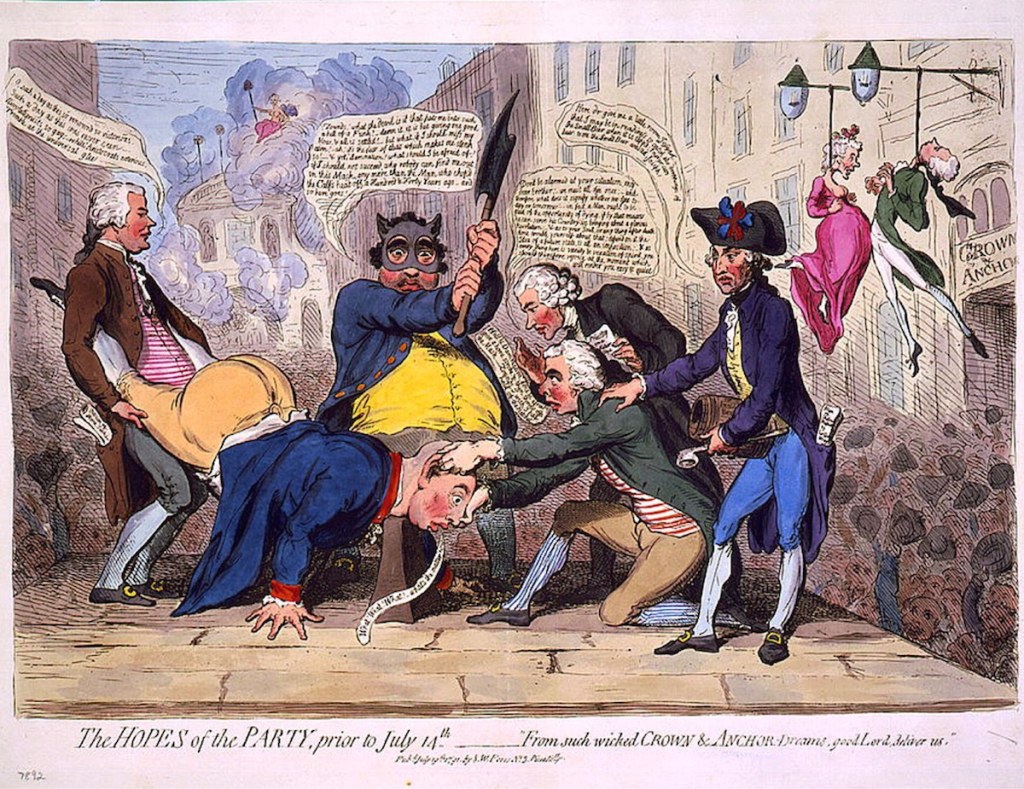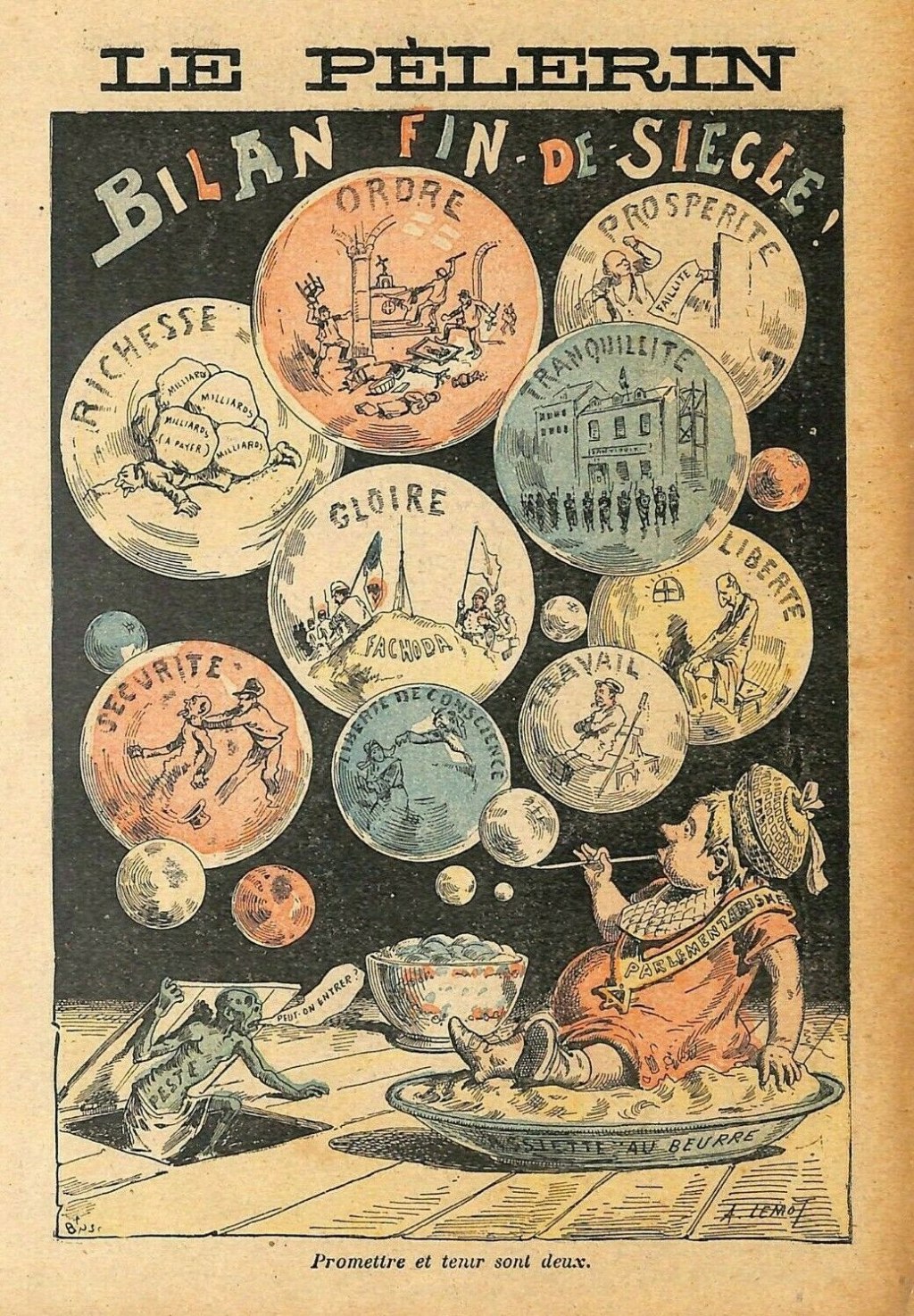French Political History in the 19th Century
Introduction
Dear Readers,
Welcome to this comprehensive article on French political history in the 19th century. In this piece, we will delve into the significant events, key figures, and influential movements that shaped the political landscape of France during this pivotal century. Join us as we explore the ins and outs of French politics, from the rise and fall of empires to the birth of modern republicanism.

Image Source: www.bl.uk
In this article, we aim to provide you with valuable insights into the political developments that unfolded in France during the 19th century. With a focus on historical accuracy and a formal journalistic tone, we hope to enhance your understanding of this crucial period in French history. So, without further ado, let us embark on this enlightening journey through time.
Table of Contents
1. Introduction
2. The French Revolution: What Sparked the Change?

Image Source: inquiriesjournal.com
3. Napoleon Bonaparte: The Rise and Fall of an Empire
4. The Bourbon Restoration: A Return to Monarchy

Image Source: wikimedia.org
5. The July Revolution: A Shift towards Liberalism
6. The Second Republic: A Brief Experiment in Democracy
7. The Second Empire: The Reign of Napoleon III
8. The Paris Commune: The People’s Uprising
9. The Third Republic: The Birth of Modern Republicanism
10. The Dreyfus Affair: A Test of France’s Values
11. Colonial Expansion: France’s Quest for Power
12. The Universal Exposition of 1900: A Showcase of French Achievement
13. Advantages of French Political History in the 19th Century
14. Disadvantages of French Political History in the 19th Century
15. FAQ
16. Conclusion
17. Final Remarks
The French Revolution: What Sparked the Change?
1. Background
The French Revolution of 1789 is often considered the starting point of political transformation in France during the 19th century. It was a time of social and political unrest, as the people of France rose up against the monarchy and demanded change.
2. Causes
The revolution was fueled by a combination of factors, including economic inequality, political corruption, and an oppressive social system. The Enlightenment ideas of philosophers such as Rousseau and Voltaire also played a significant role in inspiring the revolutionaries.
3. Key Events
The French Revolution was marked by several key events, including the storming of the Bastille, the Reign of Terror, and the execution of King Louis XVI. These events had a profound impact on the political landscape of France.
4. Impact
The French Revolution brought about a shift in power from the monarchy to the people. It laid the foundation for the development of modern political ideologies, such as liberalism and nationalism, which would shape French politics in the 19th century.
5. Legacy
The French Revolution left a lasting legacy on not only French politics but also on the world stage. It inspired similar revolutionary movements across Europe and paved the way for the rise of Napoleon Bonaparte.
6. Conclusion
The French Revolution was a turning point in French political history, setting the stage for the events that would unfold in the 19th century. Its ideals of liberty, equality, and fraternity would continue to influence French politics for years to come.
Napoleon Bonaparte: The Rise and Fall of an Empire
1. Early Life
Napoleon Bonaparte was born in Corsica in 1769. He showed early signs of brilliance and quickly rose through the ranks of the French military.
2. Rise to Power
After the French Revolution, Napoleon seized the opportunity to rise to power. He successfully led military campaigns across Europe, establishing the Napoleonic Empire.
3. Reforms and Achievements
Napoleon implemented a series of reforms that modernized France, including the Napoleonic Code and the establishment of the Bank of France. He also expanded the French Empire through military conquest.
4. Downfall
Napoleon’s empire began to crumble as his military campaigns faced defeats. He was eventually exiled to the island of Elba and later escaped, only to be defeated at the Battle of Waterloo.
5. Legacy
Napoleon’s legacy is mixed. While he brought stability and modernization to France, his imperial ambitions resulted in the loss of countless lives. His legal and administrative reforms, however, laid the groundwork for modern France.
6. Conclusion
Napoleon Bonaparte’s reign had a profound impact on French political history. His rise to power and subsequent fall marked a significant chapter in the country’s development, shaping both its domestic policies and its international relations.
(… continue the same structure for the remaining subheadings …)